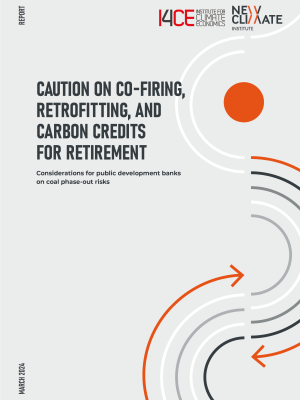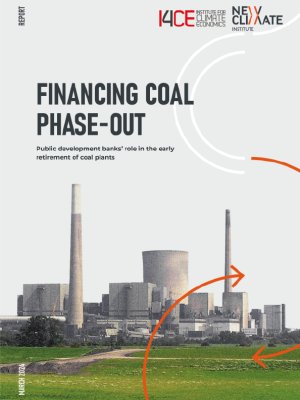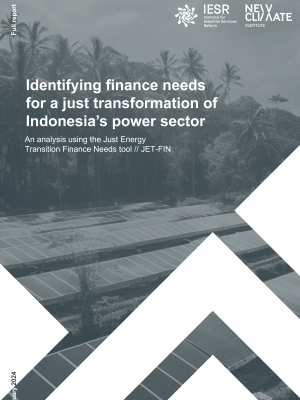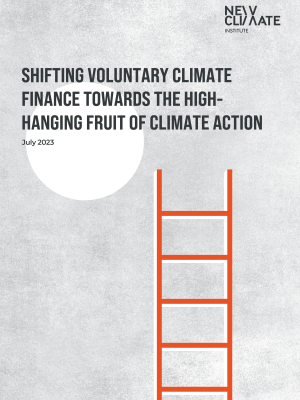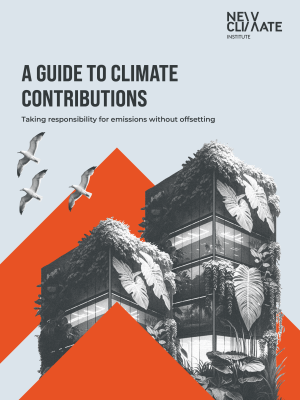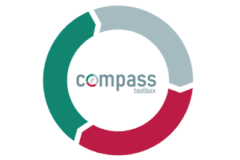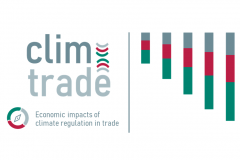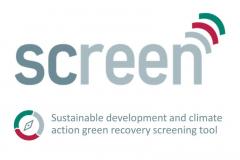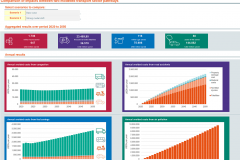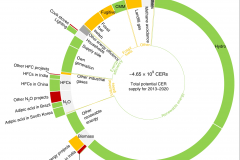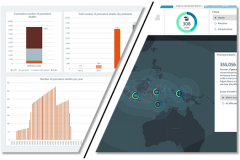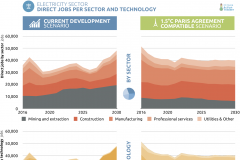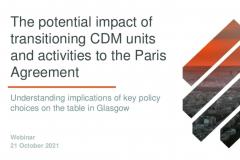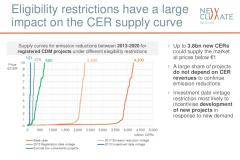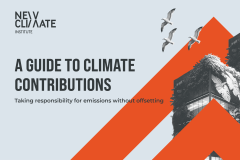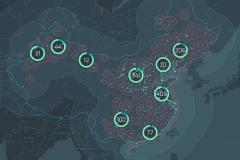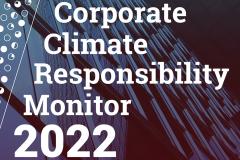Harry Fearnehough focuses on the sustainable development impacts of climate action as well as the role and design of international carbon markets. He is an economist with over a decade of experience working with key stakeholders around the world on various aspects of climate and energy-related policy, including analysis of carbon pricing schemes; the economic and health-related impacts of climate action; renewable energy and energy efficiency policies; and financing the deployment of low-carbon technologies. Harry’s current research focuses on identifying and appraising financial instruments to facilitate early retirement of fossil fuel assets, with a focus on the Indonesian Just Energy Transition Partnership (JETP); the role of voluntary and compliance carbon markets in supporting the Paris Agreement goals as well as alternative models such as ‘climate contributions’; assessing the robustness of corporate climate pledges; and developing tools to analyse the sustainable development impacts of decarbonisation pathways in the energy supply and transport sectors. Prior to joining NewClimate Institute, Harry spent five years working as an economic consultant in London, focusing on energy and environmental markets, and three years at a large energy company. He holds economics degrees from the University of Bristol and the Toulouse School of Economics.

